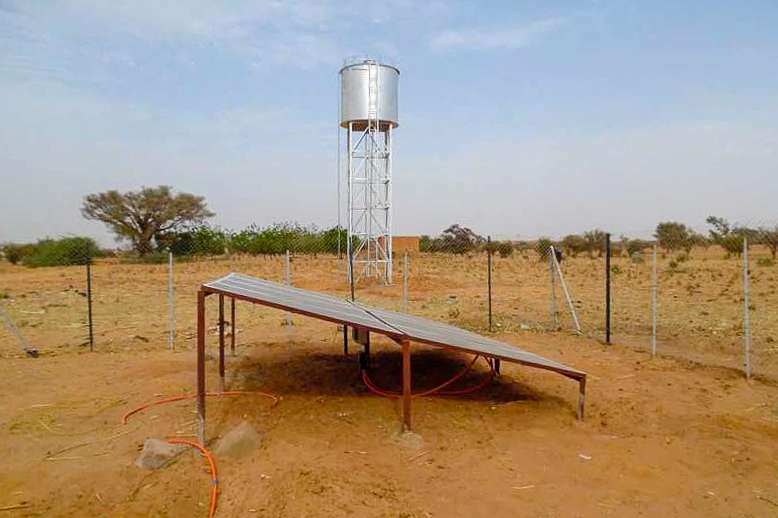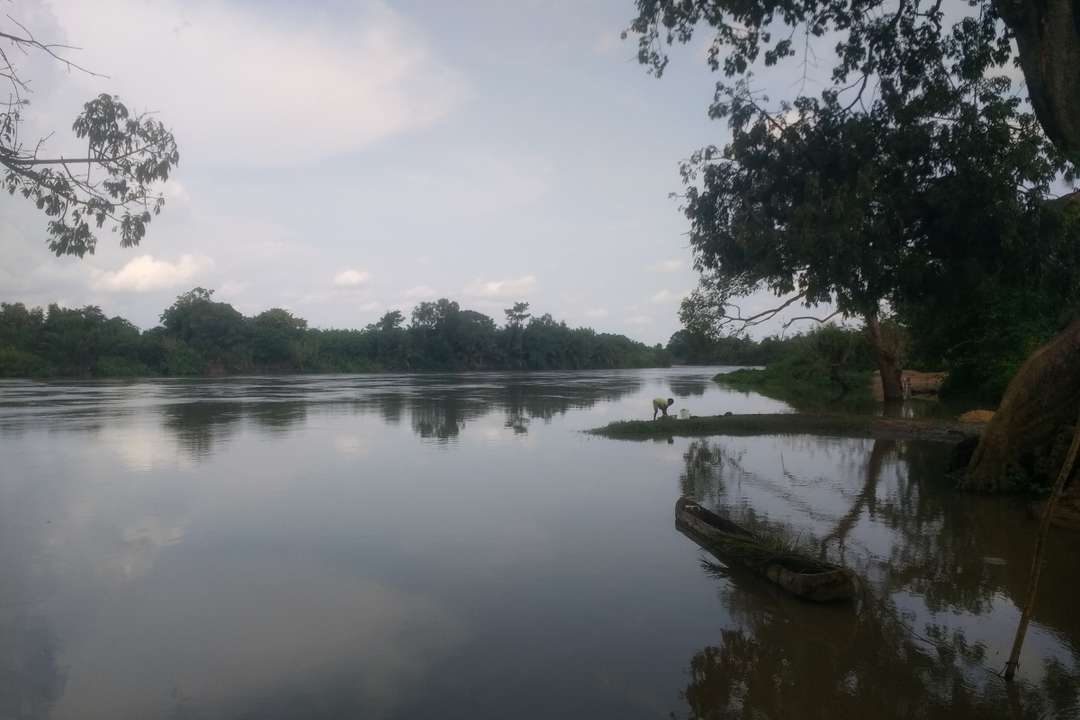April 2021
A new CIREG research paper shows how solar and wind power could mitigate geopolitical conflict in Northeast Africa
Published in Nature Energy, a new co-study from the Vrije Universiteit Brussel and the Potsdam Institute for Climate Impact Research shows that several disagreements between Ethiopia, Sudan and Egypt around Africa’s largest hydropower plant, the new Grand Ethiopian Renaissance Dam (GERD), could be alleviated by massively expanding solar and wind power across the region. Adapting GERD operation to support grid integration of solar and wind power would provide tangible energy and water benefits to all involved countries, creating regional win-win situations.
Abstract
Ethiopia, Sudan and Egypt are currently embroiled in a politically charged conflict that surrounds the soon-to-be-completed Grand Ethiopian Renaissance Dam (GERD), with Ethiopia’s energy objectives purportedly conflicting with the water needs in Sudan and Egypt. Here we show that the multiple political and environmental challenges that surround GERD could be mitigated by explicitly coupling its operation to variable solar and wind power, which would create an incentive for Ethiopia to retain a seasonality in the Blue Nile flow. We found that this could deliver fivefold benefits across the three countries: decarbonizing power generation in the Eastern Africa Power Pool; allowing compliance with Sudan’s environmental flow needs; optimizing GERD’s infrastructure use; harmonizing the yearly refilling schedules of GERD and Egypt’s High Aswan Dam; and supporting a strong diversification of Ethiopian power generation for domestic use and for Eastern Africa Power Pool exports. These results argue for an explicit integration of complementary hydro, solar and wind power strategies in GERD operation and Eastern Africa Power Pool expansion planning.
The article is available under this link.


